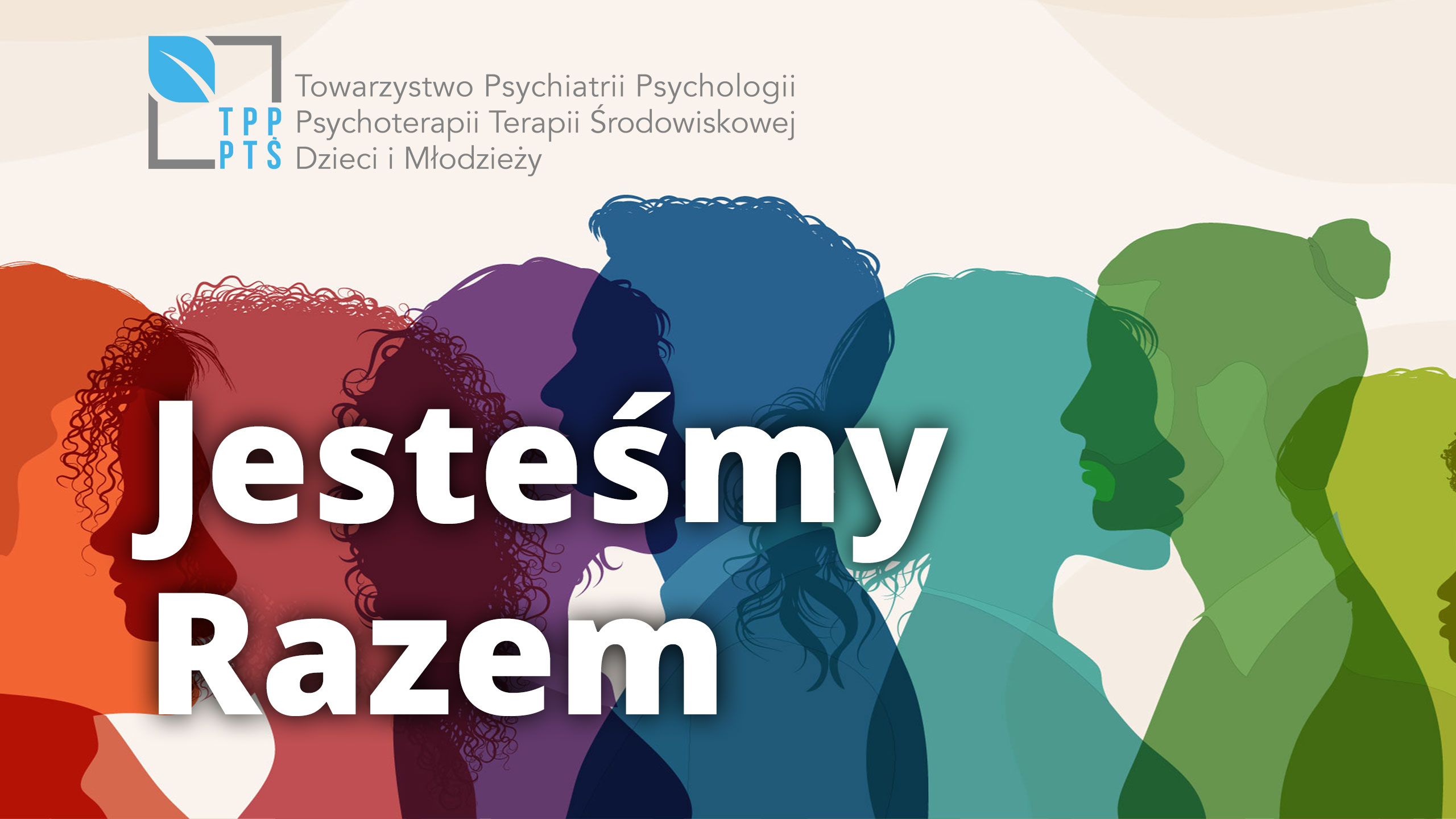Evaluation of the level of Courtauld Emotional Control Scale (CECS) at women surgically treated for gynaecological reasons
Magdalena Lewicka1, Marta Makara‑Studzińska2 , Artur Wdowiak1, Magdalena Sulima1, Henryk Wiktor1
 Affiliacja i adres do korespondencji
Affiliacja i adres do korespondencjiIntroduction: Contemporary psychology of health pays a lot of attention to issues of personal and social resources, perceiving them as factors which favour the individual’s health and quality of life. Scientific studies confirm a positive sense of the possibility to express emotions during hospitalization, operative treatment and convalescence. Studies on the Courtauld Emotional Control Scale (CECS) in women during the perioperative period, treated for gynaecological ailments, may enable identification of patients exhibiting deficits in this respect, who should be covered by a special psychopreventive care. Methods: The studies involved 232 women treated surgically for various gynaecological ailments and were carried out in two stages: on the day preceding the surgery and on the third day after the surgery. The studies were carried out using the Courtauld Emotional Control Scale. The obtained results were analysed statistically. Results: The level of negative emotions control was higher in patients aged over 40, as compared to that in younger women. The category of operative procedure did not condition the level of emotional control, whether in the Total scale or in subscales of Anger, Depression and Anxiety in the preoperative period. On the other hand, in the postoperative period a higher suppression of emotions within the Anxiety subscale was found in women after operation with a major injury of tissues, as compared to the patients after operation with a minor injury of tissues. Conclusions: The values of the total level of the Courtauld Emotional Control Scale (total CECS) obtained in our studies, as well as in the subscales of Anger, Depression and Anxiety point to women’s tendency to suppress negative emotions in the perioperative period.















